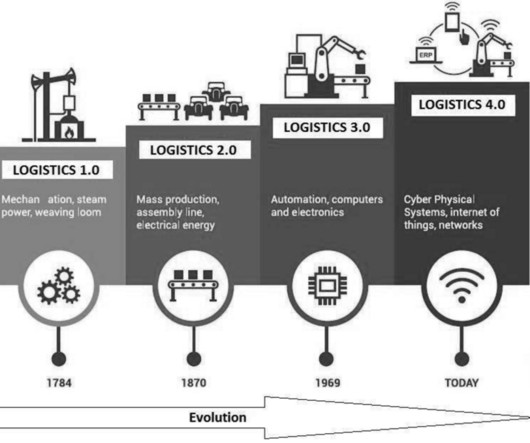Dissecting the Transformation: A Critical Examination of Logistics Education in Universities
Logistics at MPEPS at UPV
APRIL 26, 2023
In this blog, we critically examine the transformation of logistics education in higher institutions, comparing past, present, and future developments in this field. It will incorporated relevant statistics and facts to highlight the implications of these changes on the global supply chain industry. Logistics education matters.














Let's personalize your content